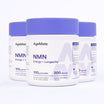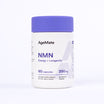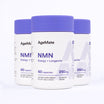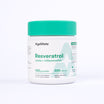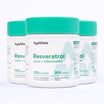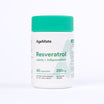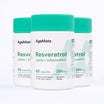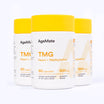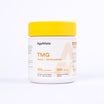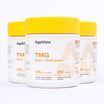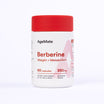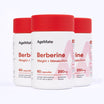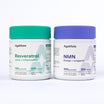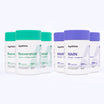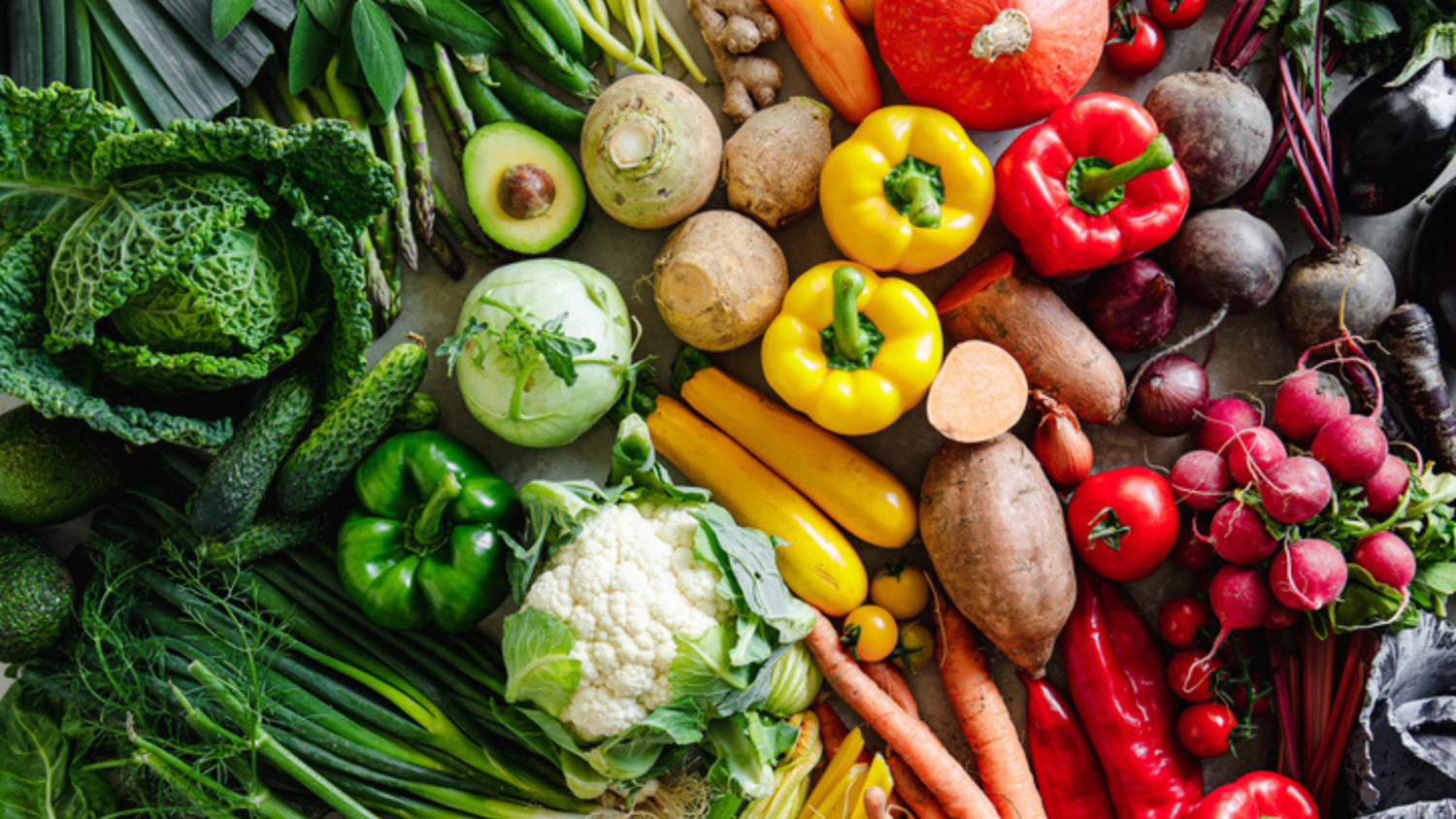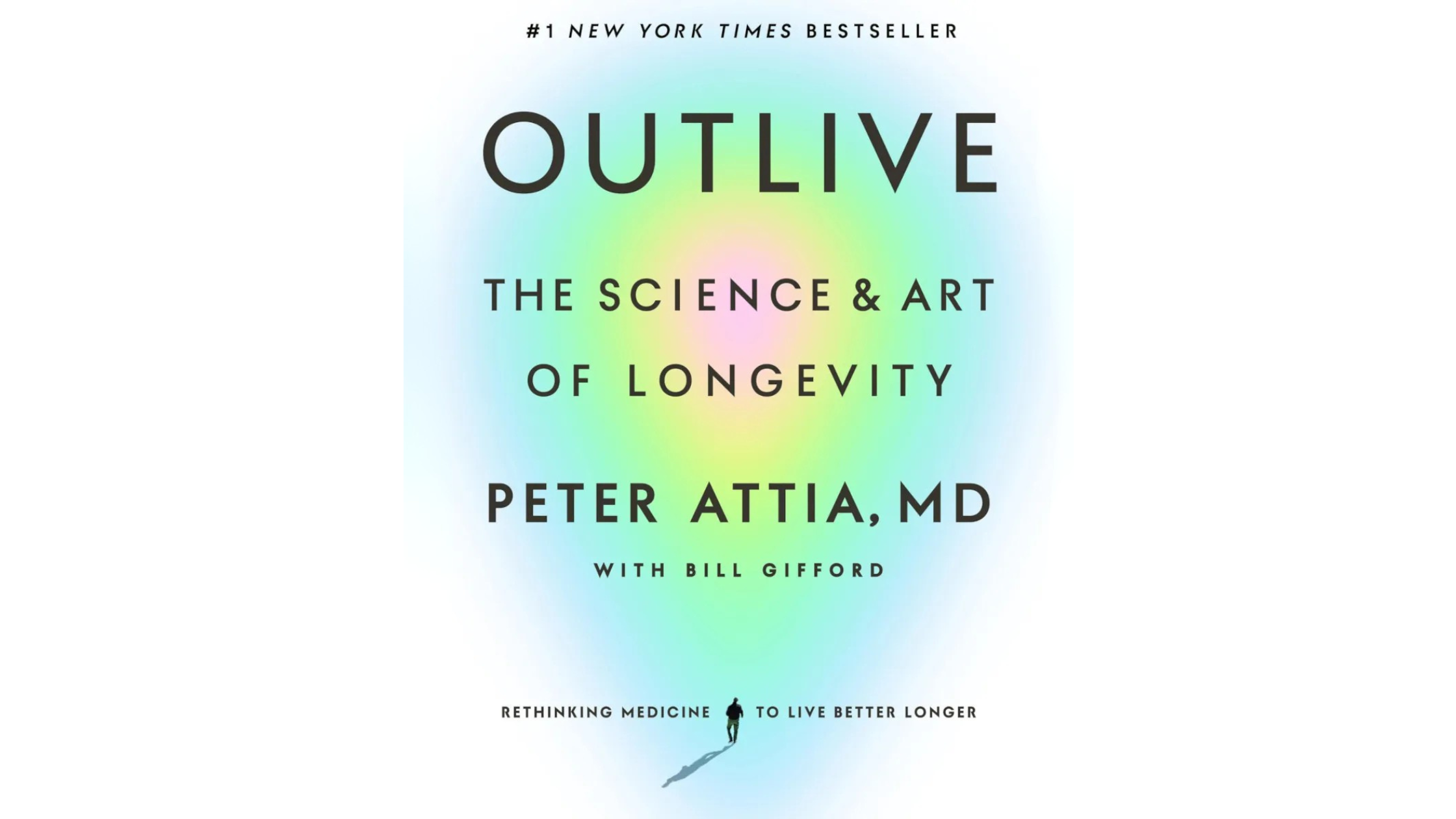Key Takeaways:
-
Discover five key nutrients that can naturally support energy and stamina after 40.
-
Learn how these nutrients promote vitality, muscle function, and cognitive health.
-
Find easy, practical food-based ways to include these nutrients in your daily meals for lasting wellbeing.
Did you know that your body’s ability to produce energy naturally shifts as you get older? After 40, gradual changes in muscle mass, mitochondrial function, and cellular repair processes can affect how energised and resilient you feel.
Thankfully, nutritional science has identified specific nutrients that, when incorporated into your diet, can support energy levels, strength, and stamina — helping you stay active, healthy, and well into later years.
Let’s take a closer look at five evidence-backed nutrients and the best food sources to help you maintain energy and thrive beyond 40.

1. Creatine: The Reliable Energy Supporter
Creatine is a naturally occurring compound in your muscles, playing a key role in the production of adenosine triphosphate (ATP) — your body’s main energy molecule. ATP fuels muscle contractions and short bursts of activity, making creatine crucial for strength, endurance, and even brain function (R).
As we age, we naturally lose muscle mass — a condition called sarcopenia — which can lead to reduced strength and stamina. While creatine supplements are popular, it’s also found in various foods, particularly in animal products.
|
Top Food Sources of Creatine: Beef, Lamb, Pork, Fish (especially salmon, tuna, and cod) |
Dietary Tip: Incorporate lean red meat or fish into your meals at least several times a week. If you’re vegetarian or vegan, plant-based diets have lower natural creatine, so ensure your meals are rich in protein from legumes, tofu, and tempeh to support muscle health in other ways. |
2. Carnosine: Boost Your Muscle Endurance
Carnosine is a powerful compound stored in your muscles that acts as a buffer against acid buildup during high-intensity exercise, allowing you to push harder and delay fatigue (R).
While your body can produce carnosine using the amino acid beta-alanine, you can also naturally support carnosine levels by eating foods rich in it.
|
Top Food Sources of Carnosine: Poultry (especially chicken breast and turkey), Beef, Pork, Fish |
Dietary Tip: Prioritise a source of quality protein at every meal to fuel your muscles, support recovery, and maintain steady energy levels throughout the day. |
Vegetarian and vegan diets typically provide very little carnosine. Plant-based eaters should focus on a diverse range of high-quality protein sources, such as beans, lentils, tofu, and quinoa, to support muscle health. For those aiming to optimise endurance and performance, beta-alanine supplementation might be worth considering, as it helps the body produce more carnosine.
3. NAD+ Precursors (NMN and NR): Supporting Cellular Energy
Inside your cells, mitochondria act as tiny power stations, generating energy. Nicotinamide adenine dinucleotide (NAD+) is a crucial molecule in this process; however, NAD+ levels decline with age, which can impact overall vitality (R).
While NMN and NR supplements are popular, certain foods can also naturally support your body’s NAD+ levels.
| Top Food Sources to Support NAD+: Dairy milk, Fish (particularly tuna and salmon), Green vegetables (broccoli, cucumber), Whole grains (brown rice, oats), Mushrooms (especially shiitake) |
Dietary Tip:
Focus on a balanced diet that includes plenty of vegetables, whole grains, and lean proteins. Niacin-rich foods in particular play a helpful role in maintaining healthy energy metabolism. |

4. Coenzyme Q10 (CoQ10): Mitochondrial Support for Vitality
Coenzyme Q10 (CoQ10) is crucial for mitochondrial function, facilitating ATP production and serving as an antioxidant. Natural levels of CoQ10 decline with age, but fortunately, several foods provide it (R).
|
Top Food Sources of CoQ10: Organ meats (heart, liver, kidney), Fatty fish (sardines, mackerel, salmon), Beef and chicken, Nuts and seeds (sesame seeds, pistachios) |
Dietary Tip: Include a variety of nuts, seeds, and oily fish in your weekly diet. For those who enjoy offal, adding liver or heart dishes occasionally can give a CoQ10 boost. If you’re vegetarian, focus on soy products and a diverse intake of nuts and seeds. |
5. Magnesium: The Everyday Essential Mineral
Magnesium supports over 300 biochemical reactions in your body, including ATP production and muscle function. It’s crucial for maintaining energy levels, muscle relaxation, and good sleep — all vital for feeling your best after 40.
| Top Food Sources of Magnesium:Leafy green vegetables (spinach, kale, silverbeet), Nuts (almonds, cashews, Brazil nuts), Seeds (pumpkin, chia, flaxseeds), Legumes (lentils, chickpeas, black beans), Whole grains (quinoa, brown rice, oats), Dark chocolate (at least 70% cocoa) |
Dietary Tip: Make it a habit to include leafy greens and nuts in your daily diet. Snacking on a handful of almonds or adding seeds to your morning porridge can help maintain your magnesium levels naturally. Dark chocolate makes for a delicious magnesium-rich treat, too! |

Your Energy-Boosting Dietary Blueprint
Eating for energy and stamina over 40 doesn’t have to be complicated. Focus on building your meals around nutrient-dense foods that naturally provide creatine, carnosine-supporting amino acids, NAD+ boosters, CoQ10, and magnesium.
Sample Day on an Energy-Supporting Diet:
|
Breakfast: Rolled oats with chia seeds, almonds, and a sprinkle of dark chocolate. |
Lunch: Grilled salmon salad with spinach, avocado, and quinoa. |
Dinner: Roast chicken with steamed broccoli and brown rice. |
Snacks: A handful of cashews, or a hard-boiled egg with a few sesame crackers. |
Remember, while supplements have their place, food-first approaches are sustainable, enjoyable, and offer a range of additional nutrients that work synergistically to promote overall wellbeing. Combine good nutrition with regular exercise, proper hydration, and quality sleep, and you’ll be well on your way to maintaining vitality long after 40.
For our newsletter readers…
Your body regenerates approximately 70 kilograms of ATP every single day
Looking for more dietary tips? Check out our blog: The Best Foods for Longevity.



